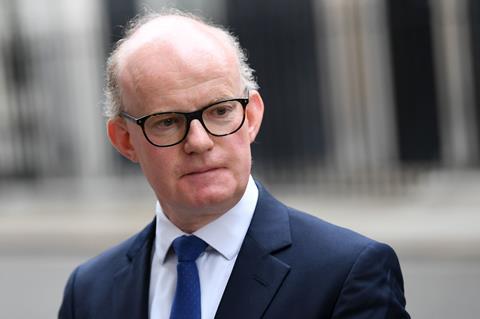Prosecutors should consider whether suspects in so-called mercy killings are ‘wholly motivated by compassion’ in new guidance proposed by the Crown Prosecution Service.
The CPS has today launched a public consultation on updated legal guidance on homicide offences, which sets out public interest factors prosecutors should take into account when dealing with suspects in deaths arising out of failed suicide pacts or mercy killings.
The proposed guidance is designed to give clear advice to prosecutors and includes reference to factors similar to those set out in guidance for prosecutors in cases of encouraging or assisting suicide, the CPS said.
Factors where a prosecution would be less likely include when the victim reached ‘a voluntary, settled and informed decision to end their life’, the suspect was ‘wholly motivated by compassion’, the suspect attempted to take their own life at the same time or where they reported the death to the police and ‘fully assisted the authorities’.

Where the victim was under 18 or lacked mental capacity to make an informed decision to end their life, or there was a history of violence or abuse against the victim, are among the factors which would tend to favour prosecution under the updated guidance.
The CPS said the guidance would not decriminalise any offences and does not touch on assisted dying or other similar scenarios which are treated separately in law.
Max Hill QC, the director of public prosecutions, said: ‘Suicide pacts and so-called mercy killings are tragedies for the family and friends of those involved. It is a sensitive and emotive topic which can be very divisive and provoke strong views, but our prosecutors may need to decide whether the legal test for criminal charges has been met.
‘The individual circumstances of every case must be carefully weighed up when considering whether it is in the public interest to charge. It is important that we clearly lay out the reasoning behind our decision-making, and we are seeking views on a range of factors which would be considered when determining whether it is appropriate to prosecute.
‘But let me be clear that these are extremely serious cases. We will always prosecute cases of murder and manslaughter where there is sufficient evidence and it is in the public interest.’



























9 Readers' comments